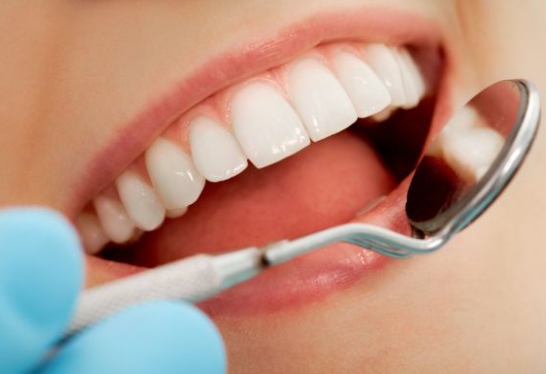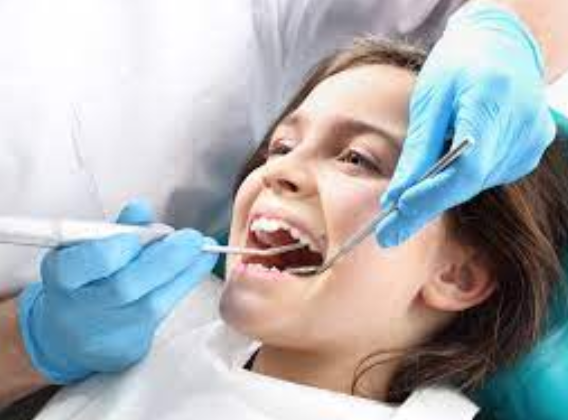tooth is loose but still attached adults my front tooth is loose what can i do is my tooth loose or am i imagining it why is my tooth loose what to do if permanent tooth is loose tooth is loose but still attached adults Dealing with a Loose but Still Attached Tooth in Adults: Causes, Management, and Precautions
 |
| tooth is loose but still attached adults |
Introduction: First of all, Children frequently have loose teeth, which are frequently considered as a rite of passage. On the other hand, loose teeth in adults might be confusing and reason for concern. This article will examine the reasons for an adult tooth that is loose but still attached, as well as practical solutions and safety measures to maintain dental health and stop subsequent issues. Health inf Health inf
Causes of Loose Teeth in Adults: tooth is loose but still attached adults
1. Gum Disease: The most common cause of a loose tooth in adults is gum disease, also known as periodontal disease. This condition occurs when bacteria build up around the gums, leading to inflammation, gum recession, and eventual tooth loss.
2. Trauma or Injury: Accidental falls, sports injuries, or any trauma to the face can cause a tooth to become loose. The impact may damage the supporting structures around the tooth, compromising its stability.
3. Bruxism: Teeth grinding or clenching, known as bruxism, can exert excessive pressure on the teeth, causing them to loosen over time. This condition often occurs during sleep or as a result of stress and anxiety.
4. Dental Abscess: An abscessed tooth, characterized by an infection at the root of the tooth, can cause the surrounding bone to deteriorate. As a result, the tooth may become loose and painful.
Management of a Loose Tooth: tooth is loose but still attached adults
1. Consult a Dentist: It is crucial to schedule an appointment with a dentist as soon as you notice a loose tooth. A professional examination will help determine the underlying cause and guide appropriate treatment.
2. Maintaining Good Oral Hygiene: Brushing your teeth twice a day with a soft-bristled toothbrush and fluoride toothpaste, as well as flossing daily, can help prevent further damage and reduce the risk of infection.
3. Gentle Brushing and Eating: Be cautious when brushing around the loose tooth to avoid aggravating the condition. Additionally, stick to a soft-food diet to minimize pressure on the tooth while chewing.
4. Avoiding Tobacco and Alcohol: Smoking and excessive alcohol consumption can weaken the supporting structures of the teeth and delay the healing process. It is advisable to refrain from these habits to promote oral health.
5. Mouthguards: If your loose tooth is a result of bruxism or sports-related activities, your dentist may recommend using a mouthguard. This appliance helps cushion the impact and protect the teeth from further damage.
6. Dental Splinting: In some cases, a dentist may use a dental splint to stabilize the loose tooth by bonding it to neighboring teeth. This technique helps provide support and allows the tooth to reattach to the surrounding bone.
7. Periodontal Treatment: If gum disease is the underlying cause of the loose tooth, your dentist will recommend a comprehensive periodontal treatment plan. This may involve deep cleaning, antibiotic therapy, and, in advanced cases, gum surgery.
Precautions and Aftercare:
 |
| tooth is loose but still attached adults |
1. Follow Post-Treatment Instructions: If you undergo any dental procedures or receive treatment for a loose tooth, it is crucial to follow the post-treatment instructions provided by your dentist. This includes any medication, dietary restrictions, and oral hygiene practices.
2. Regular Dental Check-ups: Maintain regular dental check-ups to monitor the progress of your loose tooth and ensure early detection of any potential problems. Your dentist will assess the stability of the tooth and make appropriate recommendations.
3. Avoiding Excessive Force: Be mindful of not putting excessive force on the loose tooth, whether while brushing, flossing, or eating. Use gentle techniques and consider using a toothbrush with soft bristles.
4. Stress Management: If bruxism is the underlying cause,
The tooth is loose but still attached to the adult.
The tooth is loose but still attached to the adult. The importance of teeth is recognized worldwide. They enable our regular eating and speaking processes. Although loose or falling teeth can hurt anyone, they don't just affect us. Once we grow from a child to an adult, the dental situation also changes and we must take care of the dental health associated with being an adult.
When a tooth is loose, it can cause a number of problems. Although this may seem trivial, it can become more painful when a change in tooth structure occurs. It is a common thing that teeth are more likely to become loose as they get older. When tooth structure changes over time, it is more likely that they will become loose. Also, if you Danto
FAQs
How long can loose teeth last in adults?
Answer: The duration that a loose tooth can last in adults can vary widely based on several factors. In general, adult teeth should not be loose. If you notice a loose tooth, it could be a sign of an underlying issue such as gum disease, dental trauma, or bone loss. It's crucial to consult a dentist as soon as possible to determine the cause and receive appropriate treatment. Ignoring a loose tooth can lead to further complications and potential tooth loss.
Why is my tooth loose but stuck to my gum?
Answer: It's common for a tooth to become slightly loose as part of the natural process when your permanent teeth start coming in to replace baby teeth. The ligaments that hold the tooth in place gradually loosen to allow for proper eruption. This can give the sensation of the tooth being loose while still being held by the gum.
Can salt water tighten loose teeth?
Q: Is it true that salt water can help tighten loose teeth?
A: While there's a common belief that rinsing your mouth with salt water can aid in tightening loose teeth, there's no scientific evidence to support this claim.
online product purchase click now


_1.jpeg)
